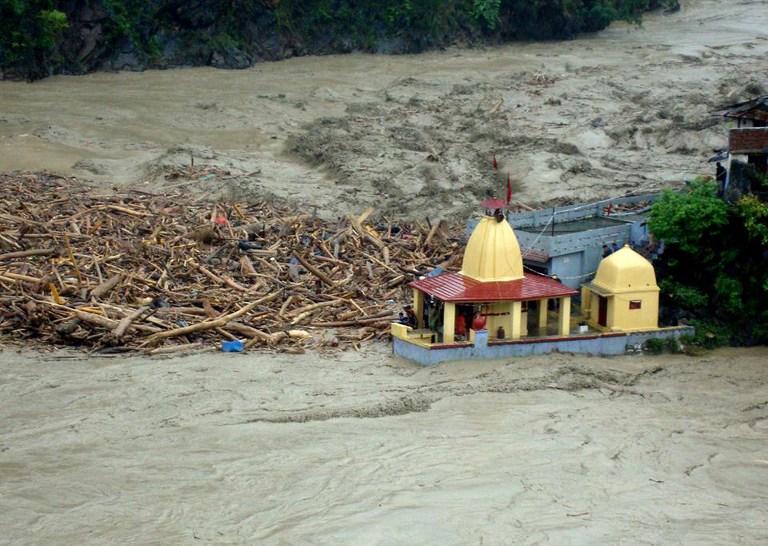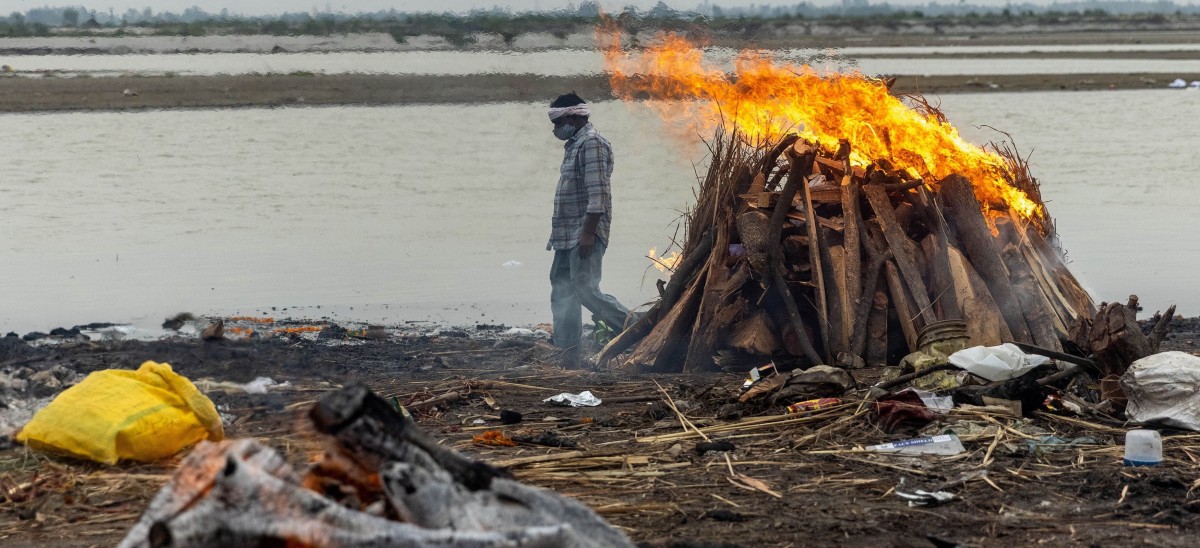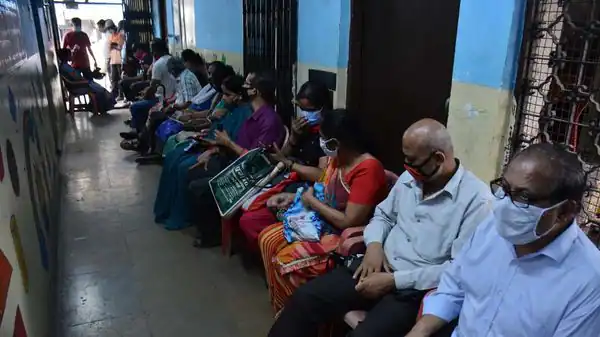States will pay an ex gratia amount of ₹50,000 to the families of those whose deaths have been certified as Covid-19 fatalities, the Union government has informed the Supreme Court through an affidavit
States will pay an ex gratia amount of ₹50,000 to the families of those whose deaths have been certified as Covid-19 fatalities, the Union government has informed the Supreme Court through an affidavit.

The Centre added that the scheme framed by the National Disaster Management Authority (NDMA) lays down that ex gratia compensation is also applicable to those involved in relief operations or those associated with preparedness activities, and that the states will disburse the money from the State Disaster Response Fund (SDRF). The assistance will be continued for any Covid-19 deaths that may occur in the future, added the affidavit submitted on Wednesday
The Union government contributes 75% of SDRF allocation for general category states and Union Territories and 90% for special category states and UTs such as the North-East states, Uttarakhand, Himachal Pradesh, and Jammu & Kashmir.
The compensation scheme has been put in place after Supreme Court’s direction on June 30 in a petition filed by advocate Gaurav Kumar Bansal. Underlining that NDMA “failed to perform its statutory duty” by not envisaging a compensation scheme, the court ordered uniform guidelines on ex gratia payments to the families of those who died of Covid-19.
At the same time, the court had clarified that the amount of ex gratia cannot be fixed by the court, and that the Centre and NDMA should determine the quantum after taking into account their policies and other relief and mitigation measures already put in place.
For the pandemic, NDMA had so farsaid that there was no scheme for payment of ex gratia for Covid-19 deaths due to absence of such provision under the “minimum standards of relief”. State governments were also asked by the Centre not to use the disaster relief funds in case they wish to pay compensation to the next of kin of those who died of Covid-19. Some states, such as Bihar, Karnataka and Delhi, have been paying compensation on account of Covid-19 deaths from their chief minister relief funds.
After the Supreme Court sought response on compliance of its June judgment, the Centre filed an affidavit on Wednesday, stating that on September 11, NDMA decided to provide an ex gratia assistance of ₹50,000 per deceased person under Section 12(iii) of the 2005 Act which talks about “minimum standards of relief”. On the same date, NDMA wrote to all the states and UTs apprising them of the new scheme, the Centre said.
The affidavit, attached with a NMDA notification, said: “The Authority recommends an amount of ₹50,000 per deceased person including those involved in relief operations or associated in preparedness activities, subject to cause of death being certified as Covid-19.”
The matter is listed for hearing before the Supreme Court on Thursday, whena bench of justices MR Shah and AS Bopanna will examine the government’s compliance.
The ex gratia assistance announced by the Centre has not been limited to the Covid-19 deaths that took place in the first and second waves of the pandemic. “The ex gratia assistance to families affected by Covid-19 deaths will continue to be provided for deaths that may occur in future phases of the Covid-19 pandemic as well, or until further notification,” NDMA said in the notification.
To apply for ex gratia compensation, the next of kin of the deceased will be required to submit claims through a form issued by the state authority, along with specified documents including a death certificate that certifies the cause of death to be Covid-19.
The Centre has already issued guidelines with regard to the issue of death certificates where it said that any death within 30 days of a positive Covid test would be considered a Covid death, irrespective of whether this happened at home or a hospital.
Deaths occurring due to poisoning, suicide, homicide, or accident were excluded from the category of Covid deaths, although the top court expressed its reservation on excluding suicide deaths from the scope of Covid death categorisation. The guidelines also stated that the deaths of Covid patients who spent more than 30 days in hospital will also be treated as Covid deaths.
These guidelines were also issued only after the Supreme Court, in its June 30 order, directed the Union government to come out with uniform and simplified norms for granting certificates stating the exact cause of death as “Death due to Covid-19”. Such guidelines, according to the court, were also to consider people who died within two to three months of being diagnosed with Covid-19. The court further directed the Centre to provide a mechanism for the families of those whose death certificates had already been issued to get the same corrected.
India’s official death count stands due to Covid-19 stands at446,107. To be sure, this number may rise in terms of the compensation due under the expanded parameters.
“DDMA will ensure that the verification, sanction and disbursement process is done through a robust, yet simple and people-friendly procedure,” the notification said, adding that all claims must be settled within 30 days of submission of required documents. The final disbursement will be through Aadhaar-linked Direct Benefit Transfer procedures, it added.
The NDMAsaid that the ex gratia assistance will follow these guidelines to identify Covid-19 deaths, and any dispute will be addressed by a district-level committee with designated officers.
Before arriving at the figure of ₹50,000, the NDMA saidthe stakeholders considered a host of reasons — primary among them being the uncertainty about future Covid deaths, the possibility of further waves of pandemic due to new variants of virus, sparing funds for mitigating other natural disasters, and the payouts made to vulnerable sections of population under various welfare schemes of the Centre and states.
“There is uncertainty about new variants of the virus and likely future waves. It is not possible to ascertain the total final financial burden emanating from ex gratia assistance. Financial prudence demands that we plan in a manner that assistance can be provided to larger number of people should the number of deaths rise,” the Centre stated.
It also considered the financial and material assistance provided under SDRF, the money spent by central government for the nationwide vaccination drive, and relief under central welfare schemes such as PM-CARES for Covid orphans and PM Garib Kalyan Yojana package. “While Covid is an unprecedented disaster, other natural disasters that occur more frequently have not abated. It is important that sufficient funds are available under SDRF to provide a timely and effective response to other disasters as well,” the notification said.
The June 30 direction by the Court on ex gratia assistance came on public interest litigations filed by advocates Gaurav Kumar Bansal and Reepak Kansal. Besides ordering compensation, the court passed directions on evolving guidelines to identify Covid deaths and to evolve a national insurance scheme for disaster deaths as per the recommendations of 15th Finance Commission.
On framing a national insurance scheme for Covid-19 deaths, the Centre told the Court that it is a time-consuming process as the groundwork has to be done, insurance mechanisms analysed and the same introduced with due diligence in partnership with insurance companies.



